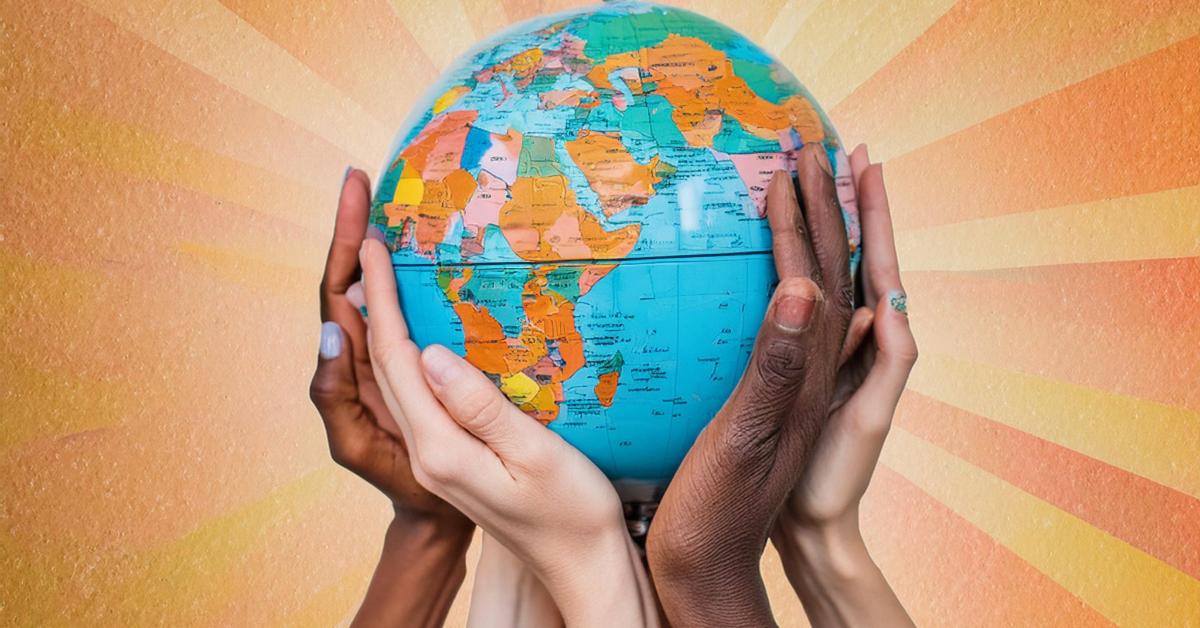Multiculturalism is more important than ever. This guide provides a comprehensive overview of multiculturalism, why it matters, and how we can celebrate and incorporate diverse cultures into our daily lives. Whether you’re part of a multicultural community or simply interested in learning more, bookmark this content as it will provide valuable information you can review at your convenience.
What is Multiculturalism?
Multiculturalism refers to the presence and co-existence of diverse cultural traditions, languages, religions, and lifestyles within a single community or society. It is the recognition and appreciation of the varied cultural identities that make up our world. This concept goes beyond mere tolerance; it involves actively engaging with and learning from different cultures.

Why is Multiculturalism Important?
- Enriches Society: Multiculturalism brings a wealth of traditions, cuisines, music, and art, enriching the cultural tapestry of any society. It promotes creativity and innovation by exposing people to different perspectives and ideas.
- Fosters Understanding and Respect: Learning about other cultures fosters empathy and understanding. It helps break down stereotypes and prejudices, promoting a more inclusive and harmonious society.
- Boosts Economic Growth: Diverse teams bring their skills and viewpoints, leading to better problem-solving and decision-making. This diversity can drive economic growth and competitiveness in a globalized economy.
- Enhances Personal Growth: Exposure to different cultures broadens one’s horizons, encouraging personal growth and adaptability. It helps individuals develop a global mindset, which is increasingly valuable in today’s digital-driven age.

How to Embrace Multiculturalism
- Education and Awareness: Start by educating yourself about different cultures. Read books, watch documentaries, and attend cultural events. Websites, online courses, and cultural organizations offer a wealth of information.
- Celebrate Cultural Holidays: Participate in or observe cultural festivals and holidays. Understanding the significance of these celebrations can deepen your appreciation for different traditions.
- Learn a New Language: Learning a new language opens a window to another culture. It allows you to connect with people and understand their worldview.
- Try Diverse Cuisines: Food is a great way to explore other cultures. Visit ethnic restaurants or try cooking traditional dishes at home. Understanding the culinary traditions behind the food can be a delicious and educational experience.
- Engage with Diverse Communities: Join clubs, attend events, or volunteer with organizations that promote cultural exchange. Building relationships with people from different backgrounds can provide firsthand insights and foster mutual respect.
- Promote Inclusivity: Advocate for inclusive policies and practices in your community, workplace, and schools. Support initiatives that celebrate diversity and promote equal opportunities for all.

Addressing Challenges and Conflicts
While embracing multiculturalism brings many benefits, it can also present challenges, especially when conflicts arise due to cultural differences. Here are some strategies to address these challenges:
- Open Communication:
- Foster an environment where open and respectful communication is encouraged. Ensure that everyone feels heard and valued.
- When conflicts arise, address them promptly through constructive dialogue. Use active listening to understand different perspectives.
- Cultural Sensitivity Training:
- Implement cultural sensitivity training in workplaces and community organizations. These programs can help individuals understand and navigate cultural differences more effectively.
- Encourage ongoing education and awareness-building activities to keep cultural competence high.
- Seek Common Ground:
- Focus on shared values and common goals to build unity. Finding common ground can help bridge cultural divides and foster collaboration.
- Emphasize the benefits of diversity and how it contributes to the overall success and well-being of the group.
- Mediation and Conflict Resolution:
- In instances serious conflicts, consider involving a neutral mediator who can facilitate discussions and help find mutually acceptable solutions.
- Use conflict resolution strategies that respect cultural differences and aim for win-win outcomes.
- Inclusive Leadership:
- Leaders play a crucial role in setting the tone for inclusivity. Encourage leaders to model inclusive behavior and champion diversity initiatives.
- Ensure that leadership teams themselves are diverse, reflecting the multicultural nature of the community or organization.
- Empathy and Patience:
- Cultivate empathy by encouraging individuals to put themselves in others’ shoes. Understanding the challenges and experiences of others can reduce misunderstandings and foster compassion.
- Be patient and recognize that building a multicultural environment is an ongoing process that requires continuous effort and commitment.
Embracing multiculturalism enriches our lives in countless ways. By learning about and celebrating the diverse cultures that make up our world, we can build a more inclusive, understanding, and vibrant society. Use this guide as a starting point to explore the beauty of multiculturalism and make it a part of your everyday life. Join Unieros in our vision for a world that embraces multiculturalism.


